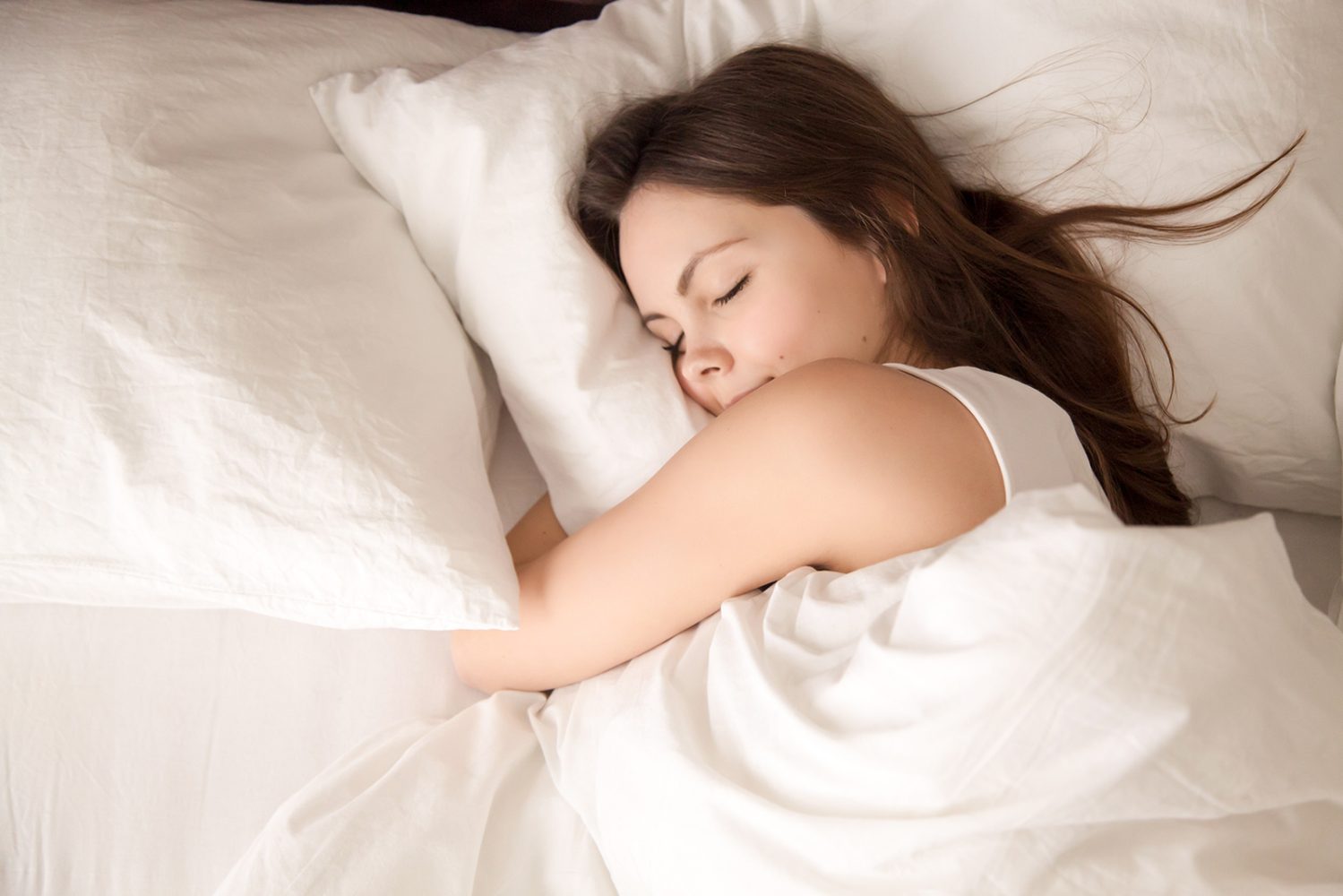What if you could experience all the benefits of dreaming—emotional healing, creativity boosts, memory processing—without ever closing your eyes? Scientists have uncovered that certain psychedelics may mimic REM sleep in waking states, offering the potential to dream without sleeping.
Dreaming, especially during REM (rapid eye movement) sleep, is more than just a cinematic experience. It’s a vital biological process tied to emotional regulation, memory consolidation, and even the removal of toxins from the brain. REM sleep has long been thought to support mental flexibility, creativity, and mood stability.
But with modern life chipping away at sleep quality and research saying we don’t need as much sleep as we previously thought, some researchers are asking a big question: could the brain’s dream benefits be accessed while awake?
Now, new research into psychedelics is beginning to suggest yes. Substances like LSD, psilocybin, and DMT appear to induce brain activity that mimics the dreaming brain, triggering vivid imagery, emotional release, and altered perception. All hallmarks of REM sleep.
A 2017 study showed that LSD and psilocybin can produce dream-like thoughts and sensations while fully awake. More recently, an April 2024 study found that microdosing LSD (just 10 micrograms) actually led to longer total sleep and more time spent in REM the following night—hinting at a possible feedback loop between psychedelics and sleep regulation.
In animal studies, DMT—the active component of ayahuasca—has even triggered REM-like brain activity while the subject remained fully conscious. This growing body of research is fueling the idea that dreaming without sleep may not be unobtainable after all.
Dreams play a critical role in emotional processing, and if psychedelics can mimic that, they could offer a powerful tool for therapy. Researchers believe these waking dream states might help with treating conditions like PTSD, anxiety, and depression by engaging the brain’s emotional circuitry in similar ways as REM sleep.
By tapping into those same networks, psychedelics may help patients process trauma or reframe thought patterns—without the need for eight hours of shut-eye.
Still, researchers are cautious. Sleep is essential not just for dreams, but for cellular repair and clearing neurotoxins—functions that a waking dream state might not replicate. There’s also the matter of side effects, inconsistent results, and the challenge of recreating REM’s natural cycles artificially, all while avoiding bad trips with psychedelics.
The post Scientists may have uncovered a way to stop humans from needing sleep to dream appeared first on BGR.
Today’s Top Deals
Best Fire TV Stick deals for March 2025
T-Mobile launched an unreal deal on the new Google Pixel 9a
Amazon Big Spring Sale: $269 iPad 10, Nintendo Switch games, robot vacuum deals, $390 AR glasses, more
Today’s deals: $99 Beats Pill, $230 Apple Watch Series 9, $270 Roku TV, $12 Crest 3D White toothpaste, more
Scientists may have uncovered a way to stop humans from needing sleep to dream originally appeared on BGR.com on Thu, 10 Apr 2025 at 20:24:00 EDT. Please see our terms for use of feeds.
